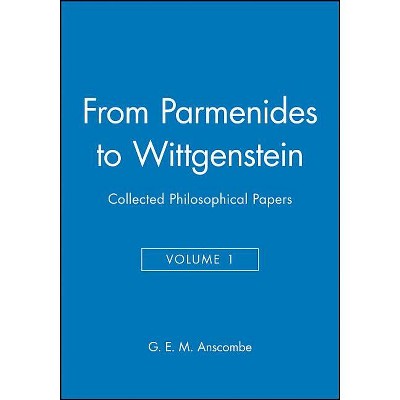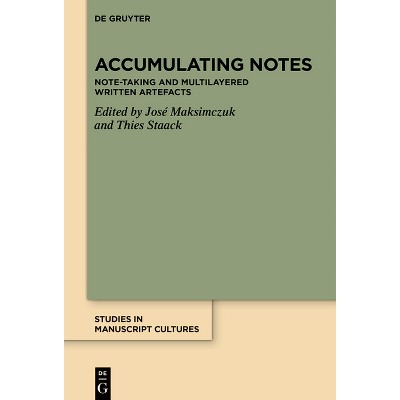Sponsored

Palimpsests and Related Phenomena Across Languages and Cultures - (Studies in Manuscript Cultures) (Hardcover)
In Stock
Sponsored
About this item
Highlights
- In the traditional view of European scholarship, palimpsests are parchment manuscripts from Antiquity or the Middle Ages whose original content has been erased, scraped away, or washed off and later overwritten with new content.
- About the Author: Jost Gippert, Universität Hamburg; José Maksimczuk, Universität Hamburg; Hasmik Sargsyan, Universität Hamburg, Germany.
- 581 Pages
- Literary Criticism, African
- Series Name: Studies in Manuscript Cultures
Description
About the Book
Palimpsests are manuscripts whose original content has been erased, scraped away, washed off and later overwritten. In their lower layers, they often contain unique versions of texts - including those otherwise lost - from Antiquity and the MiddBook Synopsis
In the traditional view of European scholarship, palimpsests are parchment manuscripts from Antiquity or the Middle Ages whose original content has been erased, scraped away, or washed off and later overwritten with new content. This removed content is usually the focus of research. The present volume, which brings together eighteen papers prepared for two workshops at the Centre for the Study of Manuscript Cultures in Hamburg in 2021 and 2023, takes a broader perspective by going far beyond the borders of classical philology into the much less studied manuscript cultures of the Christian East (Aramaic, Armenian, Ethiopic, Georgian, Slavonic, Syriac), the Islamic world of Asia and Africa (Arabic), and East Asia (Japanese). It thematizes writing supports other than parchment that were suitable for palimpsesting; different practices applied in erasing and overwriting handwritten content and the various reasons for such undertakings; and the different methods that researchers can employ to reveal the content of the removed layers and the results that these methods can yield.
About the Author
Jost Gippert, Universität Hamburg; José Maksimczuk, Universität Hamburg; Hasmik Sargsyan, Universität Hamburg, Germany.










